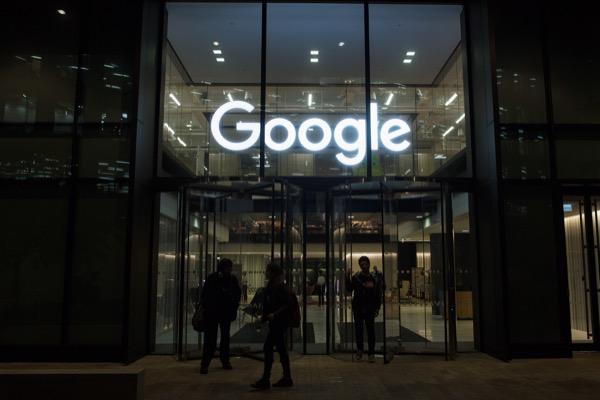New Google Pixel 8 phones suggest step forward, say analysts

A trickle of leaks and teasers had already primed expectations for Google’s launch of its new Pixel 8 and Pixel 8 Pro phones, as well as Pixel Watch 2 and Pixel Buds Pro.
At an event live-streamed from New York on Wednesday, the tech giant said its new Pixel phones have brighter screens, upgraded cameras and an improved chip called Tensor G3, which can run twice as many machine learning models on a device compared to the Pixel 6.
The Pixel 8 starts at £699 while the Pro comes at a steeper £999 price point.
Google, which has historically used the Pixel to showcase its tech innovations, has heavily ramped up the artificial intelligence (AI) components of the new devices as it partakes in the ongoing competition between tech giants to advance fastest in AI.
Google says it has increased the quality of phone calls using AI – the new device can filter out spam calls, block background noise and improve the sound quality.
“[Pixel] was part of Google’s influence over the mobile market, but Google was never competing with the Apples or Samsungs of the world,” explained Joseph Teasdale, head of tech at Enders Analysis, “it never contributed much to Google’s top line.”
Pixel device sales are included in the ‘Google other’ segment which, in its most recent quarter, saw revenue rise to $8.14bn from $6.55bn last year.
But, for the three months to June, this only accounted for a minor proportion of Google’s total revenue of $74.6bn (£61.4bn), the majority of which came from Google Search advertising.
While this is unlikely to change, Teasdale asks the question: “Do the improved, AI-focused chips give Pixel phones new superpowers that are actually compelling for customers?”
There are some indications Google is swivelling towards a more consumer-focused direction.
As people replace their phones less frequently, promises such as DIY repair guides and seven years of software support and Android upgrades may turn heads.
A recent study by Vodafone found people are hanging onto mobile devices for longer, with most upgrading every four years, compared to every two years in 2018.
One promotional video, leaked earlier this year on X, touted the ease of switching to the new phones from other operating systems like Apple’s iMessages.
Google is “starting to see some traction” said media analyst and founder of PP Foresight, Paolo Pescatore.
The US company’s new phones represent “another step in a long and painful journey to compete with established providers who have a successful proven track record,” he added.
Google launched its first Pixel phone in 2016, while Apple and Samsung were slightly ahead of the game in 2007 and 2009, respectively.
Those looking ahead should expect “big marketing campaigns” and reliance on partnerships with telecoms companies to raise awareness of its market presence, said Pescatore.